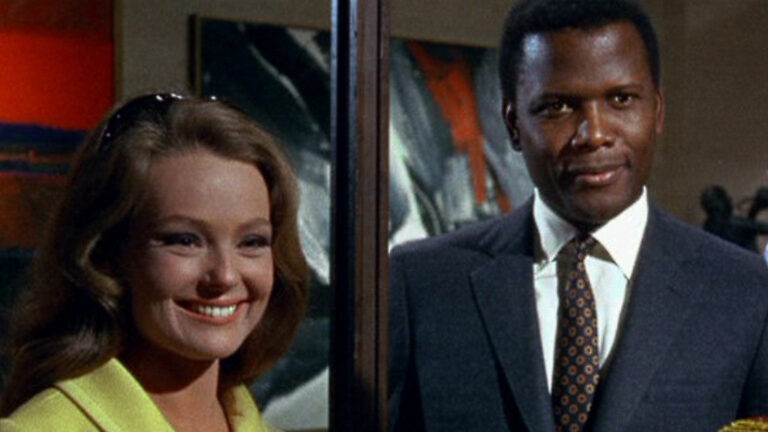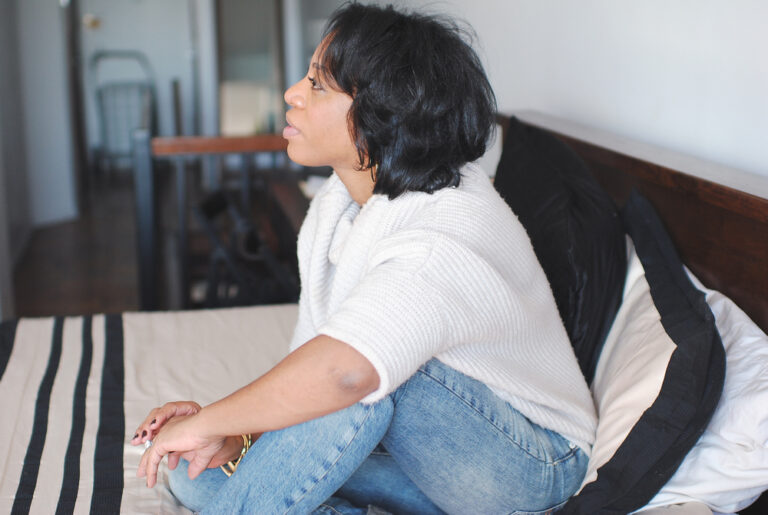I didn’t talk to a lactation consultant because I thought, “Well, it’s just natural.” [When] the baby came, [I] put him on the breast and it seemed to be fine. But the nurse came and said, “He’s having trouble urinating, you need to feed him more.” So [I fed] him more, [but] it didn’t seem like he was latching on to the areola as far as he could have been. I thought, “Oh my gosh, something’s wrong with me.” I felt like a failure.
A few weeks after Solly was born, I was referred to a lactation consultant. She was heaven sent; she gave me effective tips on [helping Solly] latch on. “One of the major keys to successfully breastfeeding a newborn is introducing them to the breast,” she said.
…One of the best things you could give your child is your breast milk.
She also discovered that the webbing underneath Solly’s tongue was a little short, so he wasn’t able to grasp on [to my nipple as well]. I had to wear a clear nipple guard until he grew into it. After a couple months, he was able to take in the whole areola. I was determined to give my baby the best nutrition and comfort from the breast. I’m so happy I was steadfast.
Now when anyone asks me about it, I don’t want them to go through what I went through. I want them to feel good and confident and know that…one of the best things you could give your child is your breast milk. It’s what the Creator wants us to do. I encourage all mothers to breastfeed [unless they can’t for medical reasons]. Especially people of color [because] there’s a low percentage of African-Americans who breastfeed. It’s the best thing in the world to give your babies.

I breastfed for 21 months, 19 months exclusively on the breast. I would have loved to [have gone] to 24 months, but my body was just depleted. I was ready to be done. I don’t regret it; that’s how I know I came full circle.
[From this experience] I learned [not to] compare yourself [to others]—everybody has a different journey. Some people don’t have [any] issues at all, and some people do. I’m grateful for my journey with nursing my child; it’s helped me become the dedicated mother I am today.
To learn more about breastfeeding, visit the United States Department of Health’s website on breastfeeding or read “Your Guide To Breastfeeding For African-American Women.”
Read our interview with to learn more about her motherhood and career journey.
Share your motherhood stories with us by emailing info@matermea.com.
RELATED ARTICLES
The Obamacare Provision More Moms Should Know About

















